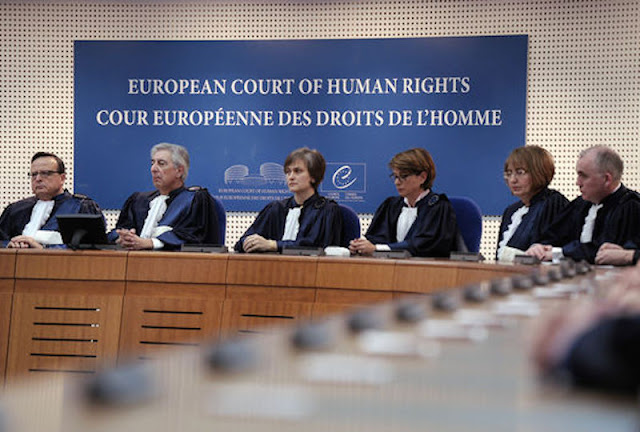The application of justice in France and in many other countries, based on the interpretation and application of legislation by a judge, who will consider the circumstances. But what would happen if the court decisions were taken by an artificial intelligence? A team of researchers from University College London and University of Sheffield, UK, and the University of Pennsylvania in the United States have experimented and found that their robot often ranks judge's side.
The experiences of these researchers were conducted on cases handled before the European Court of Human Rights. Artificial intelligence is seen presenting different facts treated in a case, and should make a judgment. According to the researchers, the decision of AI corresponded to that of the judge in 79% of cases. "We made a binary classification tasks or we supply textual content excerpt of the case and the machine provided a decisive judgment there was a violation of an article of the Convention of Human Rights "explain the researchers Aletras Nikolaos, Dimitrios Trarapatsanis Daniel Preotiuc-Pietro and Vasileios Lampos, who published their study on Monday without the Peer Journal of Computer Science magazine.
Artificial intelligence has analyzed 584 cases, mainly dealing with violations of Article 3 (prohibition of torture), Article 6 (right to a fair trial) and Article 8 (respect for private life ) of the European Convention on Human Rights, ratified by 47 European countries. The machine also had an algorithm allowing it to search for specific words and phrases in the documents made available and thus to "understand" the facts, context and circumstances of the case.
Researchers however explain that the goal of their experience is not to replace the decision of a judge, at least not for now. It nevertheless allows them to identify the most classic case. "It may also provide a tool to highlight the cases that most likely meet a violation of the European Convention on Human Rights," said a researcher.


















0 comments:
Post a Comment